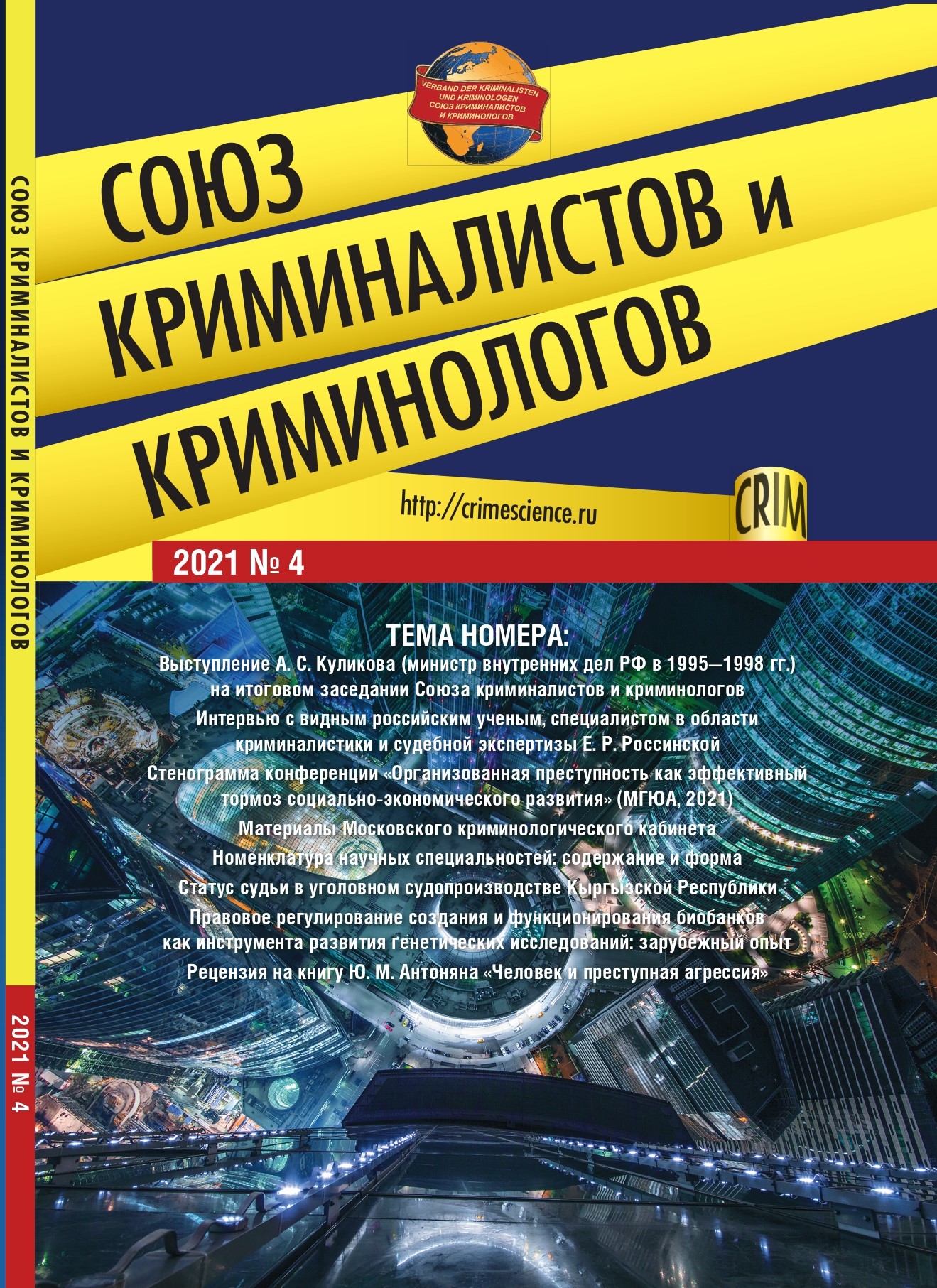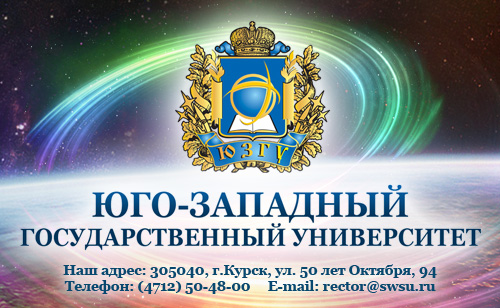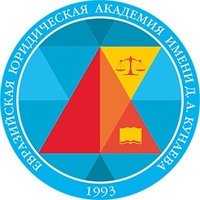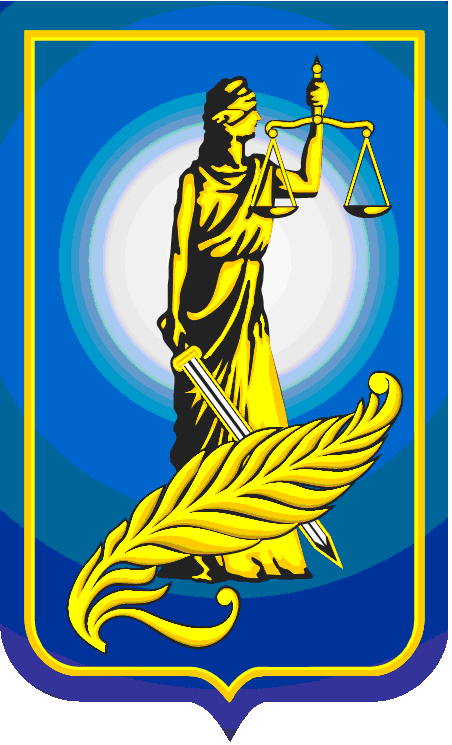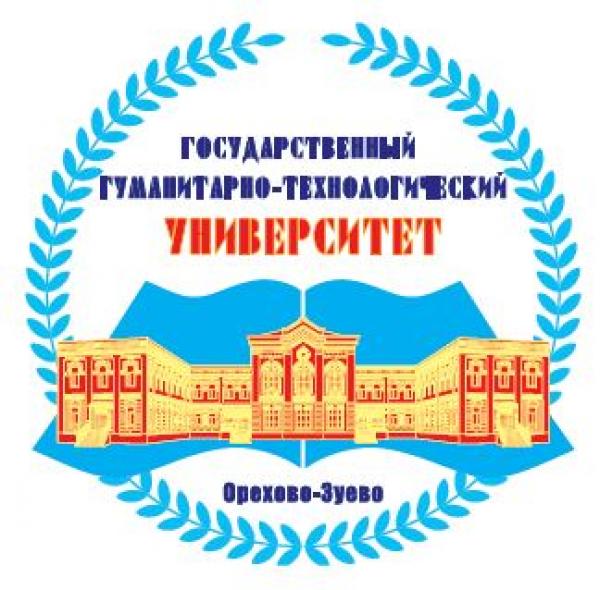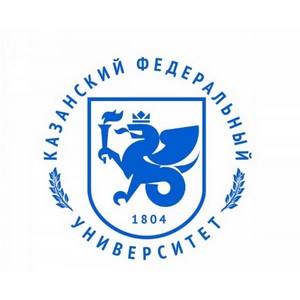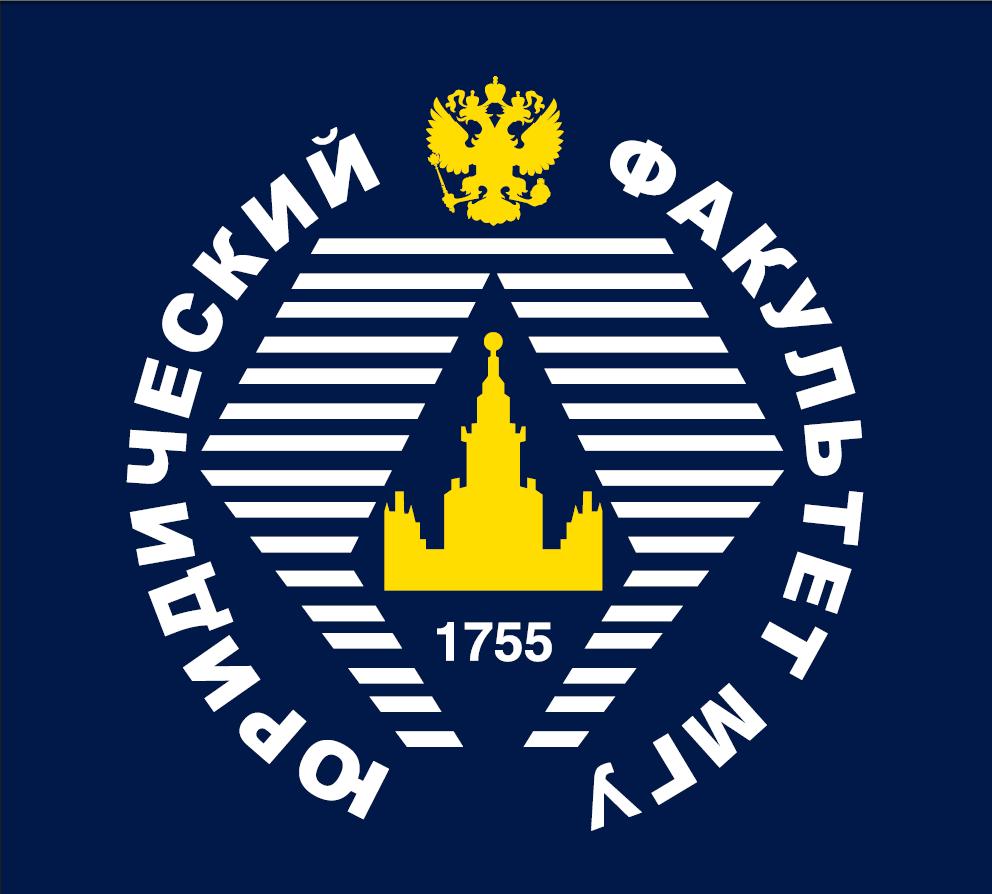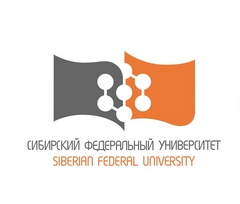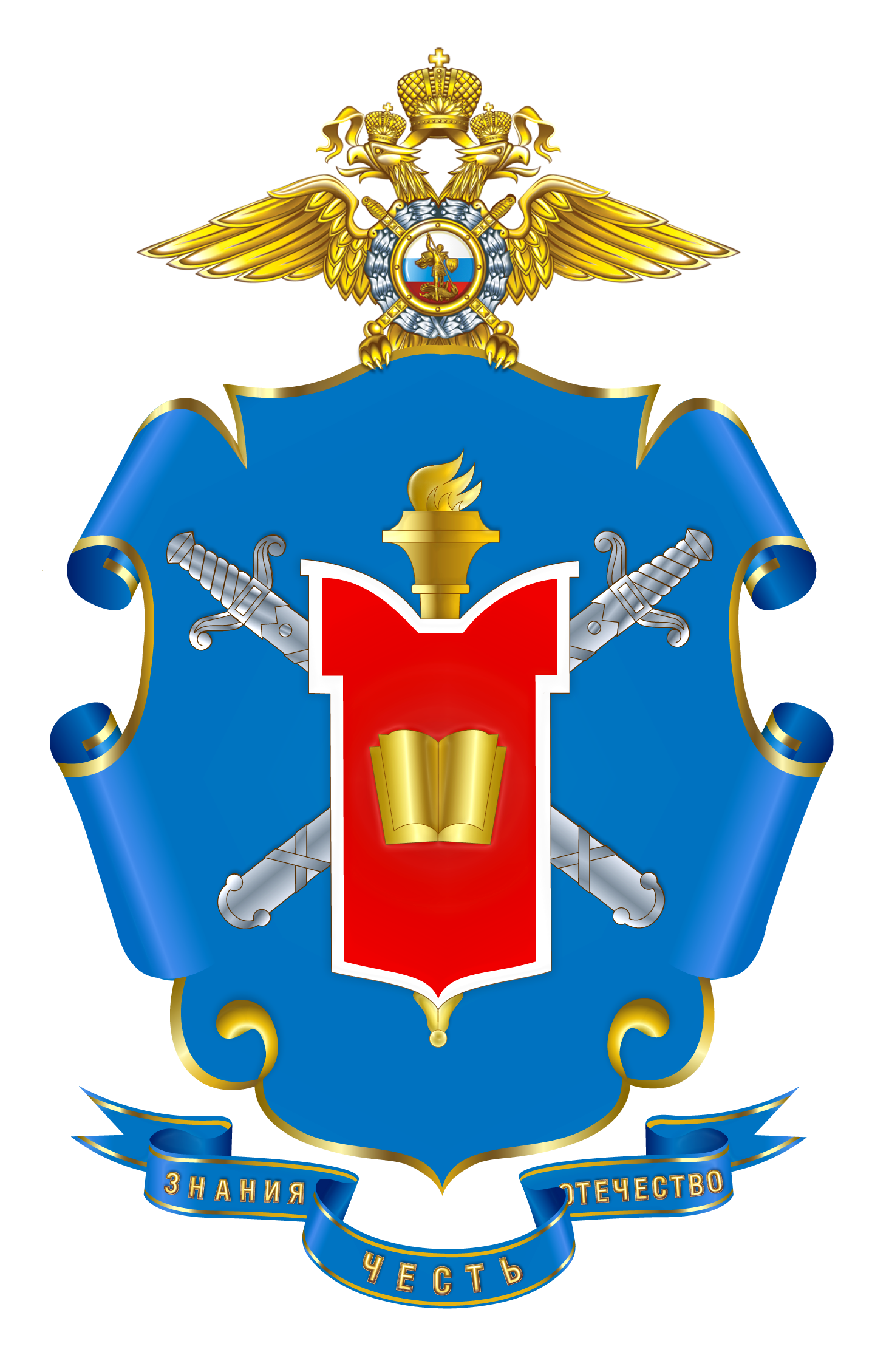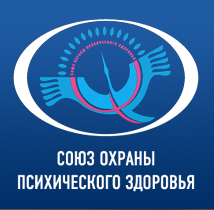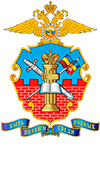M.N. Gernet was born in Ardatov, Simbirsk governorate. His father was a professional revolutionary and his mother – a People’s Teacher. Mikhail was the elder brother of the famous teacher-mathematician Nadezhda Gernet.
In 1893, M.N. Gernet graduated from the Simbirsk gymnasium and continued his studies at the faculty of law at Moscow University. In 1897, he brilliantly graduated from the university as one of the best alumni of the faculty. He was awarded a gold medal for his overall academic success and his graduate thesis «On the influence of a young age on criminal responsibility».
After graduating from Moscow University, M.N. Gernet worked as an assistant to the barrister. He published his first research work – «The issues of legal ethics». In 1899, a crime museum opened at the faculty of law at Moscow University. Soon M.N. Gernet became its head. He transformed the museum into the Museum of Criminal Law (Criminology). At the same time Gernet was giving a course of lectures named «The study of factors of crime».
In 1902, M.N. Gernet received the title of Privat-docent and taught a course in criminal law.
In 1906, M. N. Gernet defended his dissertation «Social factors of crime» and obtained a Master’s degree in Law. In the meantime, he published a number of articles against the death penalty. They received broad support in society.
In 1911, in protest against the policy of the Minister of Public Education, M.N. Gernet left Moscow University. So did many other professors and privat-docents. In the same year, he was elected professor of criminal law at St. Petersburg Psychoneurological Research Institute.
In 1913, M.N. Gernet published the monograph «Capital punishment». A year later, in 1914, he published another monograph – «Crime and the fight against it in connection with the evolution of society». This work won the Academy of Sciences Award.
In 1918, he became a professor of the faculty of law at the First Moscow State University.
From 1919 to 1931, M.N. Gernet was working intensely in the spheres of science and socio-politics. He worked as a professor of criminal law and coordinated activities of the Museum of Criminology of the First Moscow State University. He headed the Department of Moral Statistics at the Central Statistics Office of the RSFSR and was also an adviser to the People’s Commissariat of Education.
Since 1925 he has become a staff member of the State Institute for the Study of Crime and Criminals.
In 1939, the Academy of Sciences of the USSR awarded him the degree of Doctor of State and Legal Sciences.
In the early 1930s, M.N. Gernet became blind.
The most famous M.N. Gernet’s work is «The history of the Tsar’s prison» in 5 volumes. The author was awarded the Stalin Prize for it in 1947.
M.N. Gernet was one of the first professors of the faculty of law at Moscow State University who received the title of Honoured Scientist of the RSFSR. He was awarded the Order of the Red Banner of Labour.
He died on 16 January 1953, at the age of 78, in Moscow.
Selected bibliography:
- Social factors of crime (1906)
- The history of the Tsar’s prison, vol. 1–5 (1941–1956)
- Infanticide (1911)
- Capital punishment (1913)
- Crime and the fight against it in connection with the evolution of society (1914)
- Moral statistics (1922)
- Crime abroad and in the USSR (1931)
- Crimes of the Hitlerites against humanity (1946)
Based on Wikipedia
President of the Union of Сriminalists and Criminologists
Igor M. Matskevich
Translated by Elizaveta Ovchinnikova





